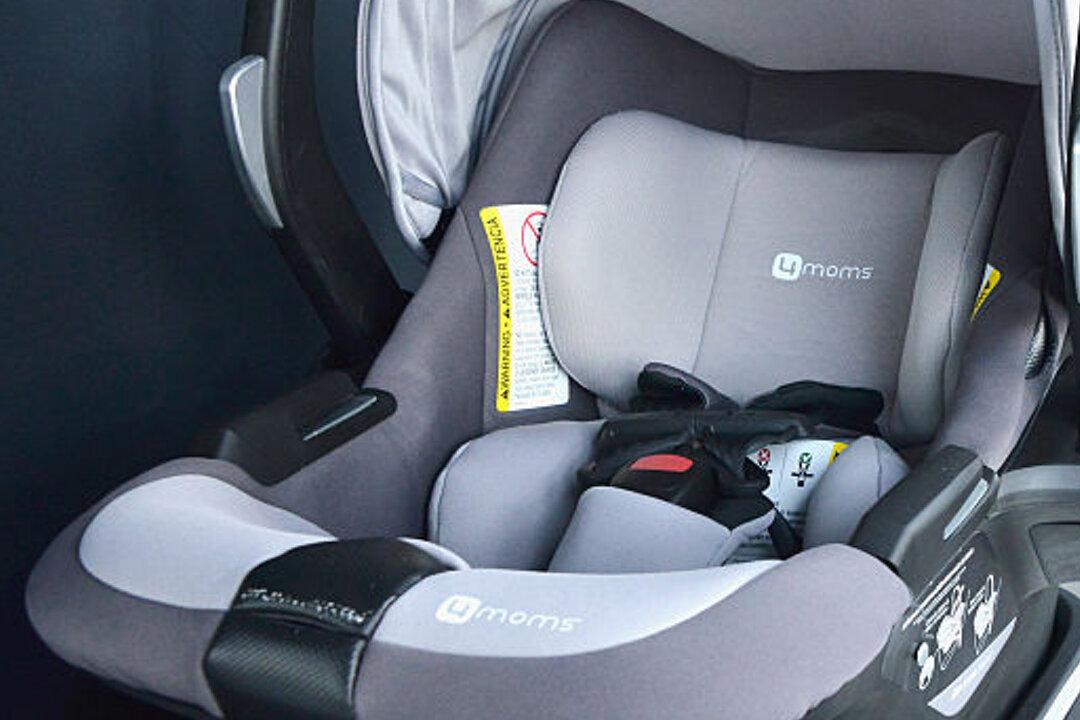A 2-month-old baby died in a hot car in Kentucky on Aug. 29 after a family member “unintentionally” left him inside the vehicle for several hours.
The Lexington Police Department said in a press release that its detectives identified the baby as Valen Hakizimana.





